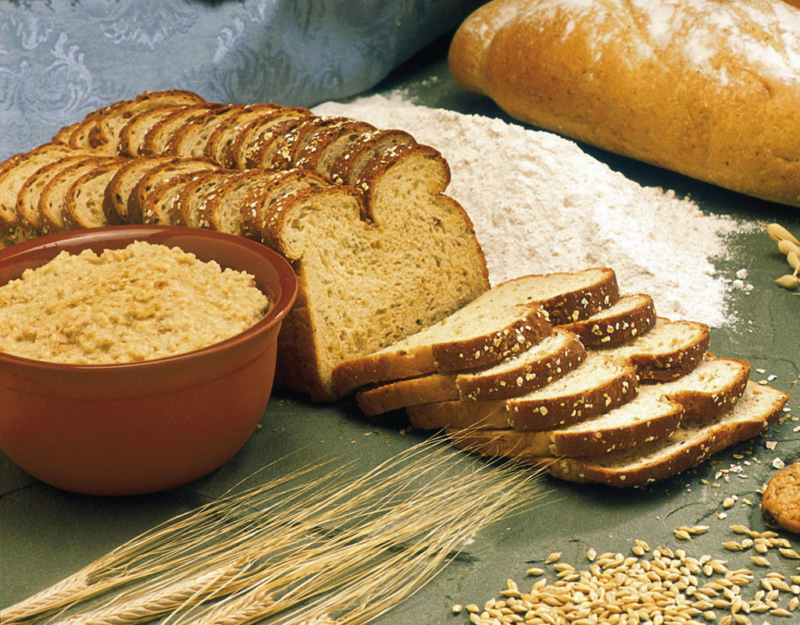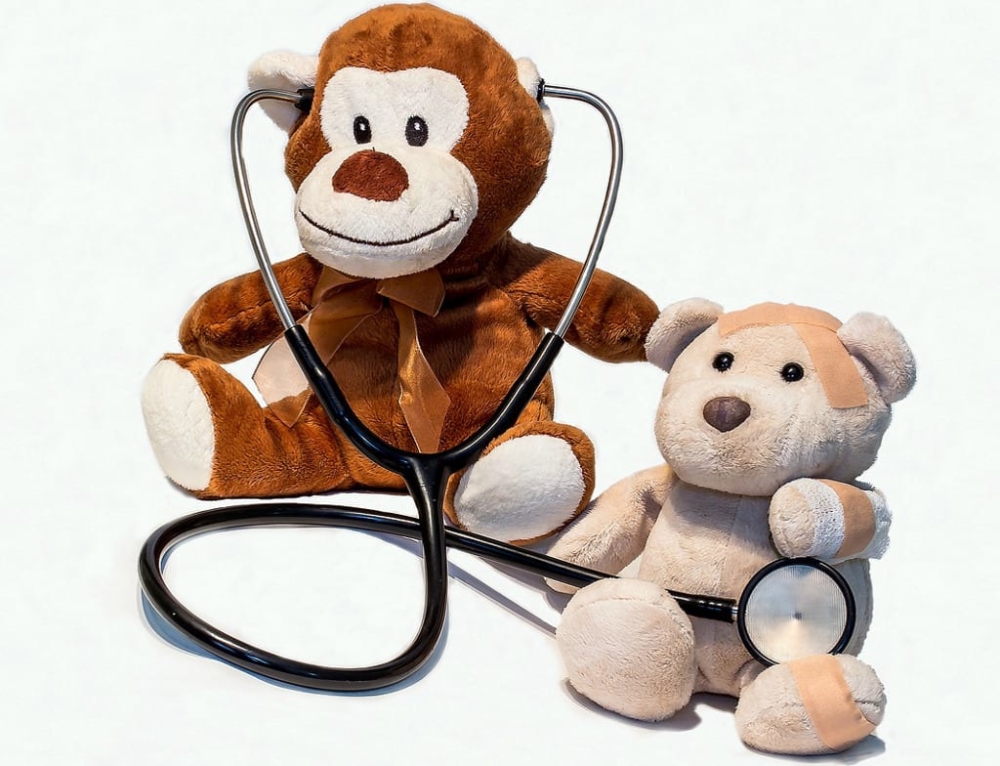As a group, the B vitamins are necessary for the brain and nervous system to work properly, and for the metabolising of carbohydrates, fats and proteins essential for growth. They are also involved in maintaining the health of the hair, skin, nerves, blood cells, immune system, hormone-producing glands and digestive system.
The B group, a complex of eight water-soluble vitamins, likes to work as a team in the human body so getting the right ratio of each B vitamin is fairly important.
Meet the B team
Below are the better-known members of the B team, what they do, where we can find them and the recommended daily intake (RDI), as specified by the Food Standards Code.
B1 – Thiamine
This vitamin plays a crucial part in converting sugar and carbohydrate into energy as well as being important for growth and normal function of the nervous system and heart.
Sources: meat, unrefined grains, vegetables, diary products, fruit, eggs, and legumes
RDI: 0.5mg/day (1-3 years); 1.1mg/day (4+ years)
What to eat: ¼ cup wheat germ provides 0.55mg
B2 – Riboflavin
Essential for converting carbohydrate as well as protein and fat into energy, riboflavin is also important for growth and contributes to the normal structure of mucous membranes such as the surface of the tongue, mouth, eyes and intestines.
Sources: milk, egg white, leafy vegetables
RDI: 0.8mg/day (1-3 years); 1.7mg/day (4+ years)
What to eat: 1 cup of low fat milk provides 0.52mg
B3 – Niacin
Niacin is important for releasing energy from food and normal function of the nervous system. Like riboflavin, it is necessary for normal function and structure of skin and mucous membranes.
Sources: meat, fish, brown rice, peanuts, avocado
RDI: 5mg/day (1-3 years); 10mg/day (4+ years)
What to eat: 85g of chicken breast provide 8.5mg
B6
Vitamin B6 performs a wide variety of functions, among them it’s essential for red blood cell metabolism and keeping the nervous and immune systems functioning efficiently.
Sources: chicken, fish, liver and kidney, pork, eggs, milk, and wheat germ
RDI: 0.7mg/day (1-3 years); 1.6mg/day (4+ years)
What to eat: 100g of chicken provides 0.4mg
Folic acid (folate)
This is required for formation of red blood cells. It is essential for growth as it helps to produce DNA, the body’s master plan for cell reproduction. As such, during pregnancy, folate is one of the most important nutrients for foetal growth and development.
Sources: green leafy vegetables, cereals, fruits, grains, legumes, yeast extract, and liver
RDI: 100 micrograms/day (1-3 years); 200 micrograms/day (4+ years)
What to eat: 1 cup of raw spinach provides 54 micrograms
B12
This vitamin’s essential role is releasing energy from food and metabolising amino and fatty acids. It also plays a role in keeping skin and hair healthy.
Sources: meat, liver, fish, eggs and dairy products
RDI: 1.0 micrograms/day (1-3 years); 2.0 micrograms/day (4+ years)
What to eat: 1 cup of low fat milk provides 0.9mcg
What is RDI?
Recommended Daily Intake (RDI) is the average daily dietary intake level that is sufficient to meet the nutrient requirements of nearly all (97–98%) healthy individuals.
Being vitamin B deficient
B vitamin deficiencies cause a variety of disorders ranging from the severe but uncommon deficiency disease, beriberi, through to the more common conditions, dermatitis and anaemia.
Interestingly, research has found that B vitamin deficiencies are often found in psychiatric patients and may contribute to depression and other symptoms.
Vitamin B and making babies
Shortly before conception and in the first trimester at least, folate is vital – and the body needs a lot to make new cells. It’s now known that having plenty of folate just before and during the early months of pregnancy can reduce the risk of a group of abnormalities called neural tube defects in your baby. As it can be hard to get sufficient from our diet alone, it is recommended that women take a folate supplement.
Meanwhile, vitamin B6 has been linked with reducing morning sickness in some women.
B vitamins and vegetarian kids
The one B vitamin that can be more elusive in the vegetarian diet – and non-existent in a vegan diet – is B12 which is essential for children’s growth and development. This is because the only reliable source of B12 is in animal products like meat, eggs and dairy.
Parents of vegan children are advised to seek out foods which have been fortified with B12 and to be very aware of how essential this vitamin is for making blood cells and keeping the nervous system healthy.
Breastfeeding and the B group
The Vitamin B group is all-important for breastfeeding mums because it helps provide energy and is associated with relieving stress. And the most important B vitamin as far as your nursing baby is concerned is B12.
Vitamin B12 is essential for your baby’s brain development. If you are a vegetarian and you do not have at least four serves daily of eggs, dairy foods or Vitamin B12-fortified soy products, you will need to take a Vitamin B12 supplement while you are breastfeeding.
This article was written by Fiona Baker for Kidspot Australia and adapted for Kidspot NZ.







Leave A Comment
You must be logged in to post a comment.